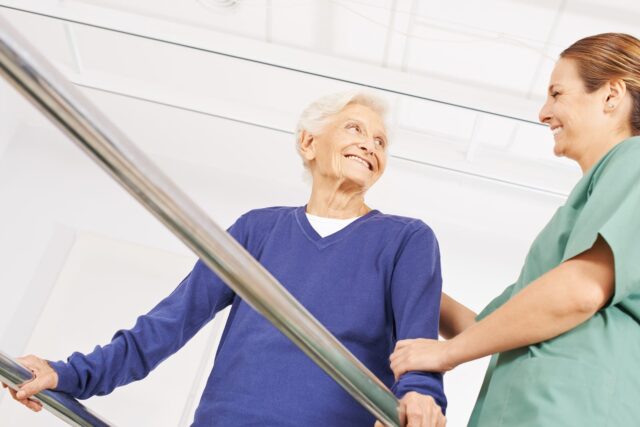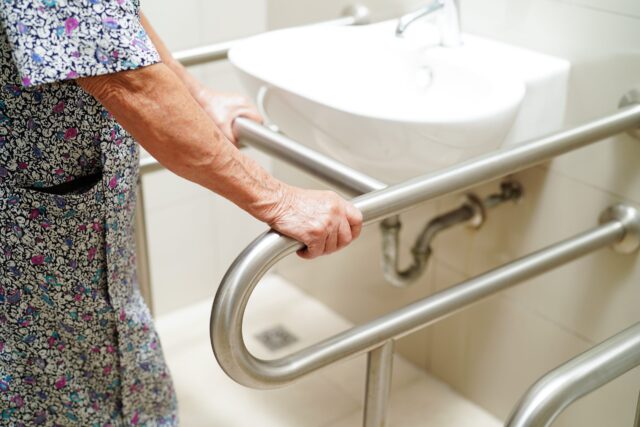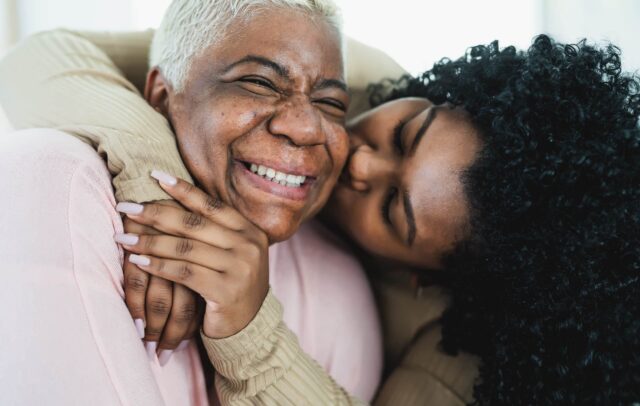As your loved ones enter their golden years, providing them with a good quality of life becomes a priority. Aging is a natural part of life, and with it comes unique challenges and considerations. Ensuring that your elderly relative enjoys their later years to the fullest involves a holistic approach that addresses physical, emotional, and social well-being.
This article looks at various aspects of enhancing the quality of life for elderly family members, from health and safety to emotional support and social engagement.
Prioritizing Physical Health
Regular Health Checkups

One of the fundamental aspects of maintaining a good quality of life for your elderly relative is prioritizing their physical health. Frequent health checkups are essential for detecting and addressing any potential health issues early on. Book routine visits to the doctor, dentist, and optometrist to monitor their health.
According to these Tampa FL dentists, at the very least, they should visit a physician once a year, and twice a year for dentists.
Balanced Nutrition
A good diet is crucial for seniors to maintain their health and vitality. Ensure that your elderly relative has access to nutritious, healthy meals that meet their specific dietary needs. An adequate intake of vitamins, minerals, and proteins can have a big impact on better physical health and overall well-being.
Regular Exercise
Encouraging regular physical activity is vital for seniors to maintain flexibility, strength, and cardiovascular health. Tailor exercise routines to their abilities and preferences, whether it’s walking, gentle yoga, or water aerobics. Regular movement can alleviate joint pain, improve mood, and enhance overall mobility.
Medication Management

For many elderly individuals, managing medications can become complex. Create a system to help them organize and take their medications as prescribed. This might involve pill organizers, reminders, or even assistance from a caregiver. Ensuring proper medication management contributes significantly to their overall health.
If you’re worried that your loved one can’t manage their medication effectively, then you might want to explore the option of moving them into a care home. Here, staff will be able to monitor your loved one around the clock and ensure that they take their medication properly.
Sometimes, going into a care home is the best thing for their physical and mental health. It’s important that you find the right care home for their needs and explore all the options available. However, somewhere like Morris Care Homes in Bridgnorth could be a good option.
Ensuring Emotional Well-being
Mental Stimulation
Keeping the mind active is crucial for maintaining cognitive function and emotional well-being. Encourage activities that stimulate their mental faculties, such as reading, puzzles, or engaging in hobbies they enjoy. Cognitive exercises can help to prevent or delay the onset of conditions like dementia.
Emotional Support
Seniors often face challenges such as loss of friends or family members, retirement, or health issues that can impact their emotional well-being. Provide emotional support by actively listening, spending quality time together, and addressing any concerns or anxieties they may have. Creating a supportive environment can significantly contribute to their mental and emotional health.
Social Interaction
Loneliness and isolation are common issues among the elderly, which can negatively impact their mental health. Facilitate opportunities for social interaction, whether through family gatherings, community events, or senior centers. Maintaining social connections helps to combat feelings of loneliness and contributes to a positive outlook on life.
Cultivate Hobbies and Interests
Encourage your elderly relative to pursue hobbies and interests that bring them joy and fulfillment. Whether it’s gardening, painting, or learning a new skill, engaging in activities they love will enhance their sense of purpose and satisfaction.
Creating a Safe and Comfortable Environment
Home Modifications

Make necessary modifications to their living space to ensure that it’s safe and comfortable. This may include installing handrails, ramps, or bathroom grab bars to prevent accidents. Consider adapting the home to accommodate any mobility challenges they may be facing.
Assistive Devices
Explore the use of assistive devices that can enhance their independence. Devices such as hearing aids, walking aids, or magnifying glasses can improve their quality of life by addressing specific challenges they may be experiencing.
Adequate Lighting
Ensure that their living space is well lit to prevent accidents and promote a sense of security. Adequate lighting is especially important for seniors with reduced vision or mobility issues.
Emergency Preparedness
Establish a comprehensive emergency plan to address any unforeseen circumstances. This includes having a list of emergency contacts, an easily accessible first aid kit, and discussing evacuation plans if necessary.
Financial Planning and Security
Review Finances
Regularly review their financial situation and assist with budgeting to ensure that they can comfortably afford their living expenses. This may involve discussing retirement income, insurance policies, and any potential financial assistance programs.
Legal Documentation
Ensure that all legal documentation, such as wills, power of attorney, and healthcare directives, is in order. Discussing these matters with your elderly relative and consulting with legal professionals can provide clarity and peace of mind.
Fraud Prevention
Seniors can be vulnerable to financial scams. Educate your elderly relative about common scams and encourage them to be cautious with personal information. Regularly monitor their accounts for any suspicious activity to prevent financial exploitation.
Palliative Care and End-of-Life Planning

Open Communication
Discussing end-of-life preferences can be a sensitive topic, but open communication is essential. Understanding their wishes regarding medical care, funeral arrangements, and other important decisions helps to ensure that their desires are respected.
Hospice and Palliative Care
If your elderly relative is facing a terminal illness, consider exploring hospice and palliative care options. These services focus on providing comfort and support, emphasizing quality of life during the final stages of an illness.
Emotional Support for Family
Supporting your elderly relative also involves providing emotional support for family members dealing with the challenges of end-of-life situations. Encourage open conversations and, if needed, seek counseling or support groups to help to navigate these difficult times.
Enhancing the quality of life for an elderly relative involves a comprehensive and compassionate approach. Prioritizing physical health, ensuring emotional well-being, creating a safe living environment, addressing financial considerations, and planning for end-of-life situations all contribute to a fulfilling and dignified aging process.
By actively engaging with your elderly relative and addressing their unique needs, you can help to create an environment that promotes happiness, comfort, and a sense of purpose in their golden years.









